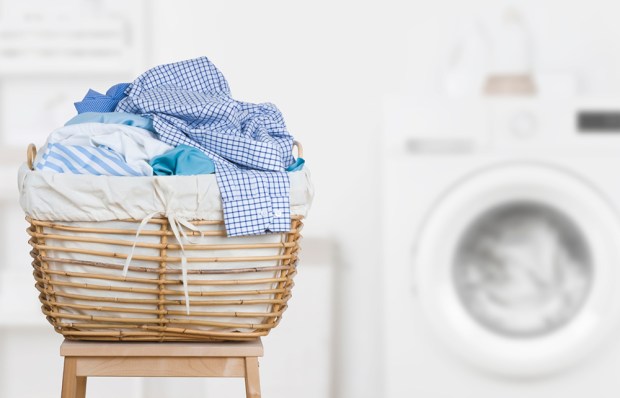According to new research published in Advances in Physiology Education, men tend to significantly overestimate their own intelligence whereas women only marginally overestimate theirs. The architect of this study, Katelyn Cooper, a doctoral student at Arizona State University, believes this helps explain why fewer women embark on PhDs in the life sciences and why there are fewer tenured female professors in STEM fields. She also thinks it partly explains why women are less likely to rise to the top of their chosen professions.
I’m not so sure about that, but first a mea culpa. I used to think I was smarter than my wife. However, after being married to Caroline for more than 16 years I’m finding it harder and harder to cling on to this illusion. For instance, she’s much better than me at Scrabble. I initially told myself she was just lucking out, drawing better tiles than me, but that excuse had a limited shelf-life. I then thought it was because she’d had more practice than me. She had played it with her parents growing up, after all, and knew lots of fiendish little words like Qi. But over time, as I got more practice, that excuse began to fade too. I now refuse to play with her, saying I find Scrabble ‘boring’. That also applies to Boggle and Bananagram and — surprise, surprise — any games that are a test of raw intelligence.
Another example: when we’re watching anything on TV with a remotely complicated plot, such as Broadchurch, I constantly have to pause it and ask her to explain what’s going on. It’s now reached the point where she’ll pretend she’s lost interest in a series and leave me to watch it by myself, claiming she’s ‘tired’ and ‘going to bed’. But as often as not, when I go upstairs I’ll discover her watching the same series on her laptop, away from her annoying husband. She’s also a much faster reader than me. A few years ago, we tried to read the same books at the same time so we could talk about them together — proper, grown-up novels like War and Peace. It would be our own little book club. But we had to abandon that project when she kept finishing the books before I’d got to the end of the first chapter.
Predictably, it isn’t just when it comes to IQ that I’ve had to revise my opinion about our respective abilities. When we first got married I was convinced I was a better driver than Caroline and worried about her taking the car out in case she had difficulty parking or misjudged the width of the vehicle and clipped the wing mirror. Sixteen years later, she’s been involved in precisely one accident, whereas I ding the car roughly once a month. The last time was a couple of weeks ago when I was reversing out of a driveway in Reading — the repair bill was £450. It’s reached the point where the kids refuse to get in the car if I’m driving.
Caroline gave up a career in the law to become a full-time mum when we had our first child and hasn’t returned to work since. In light of the above, perhaps we’d be better off if it had been me who gave up journalism to look after the kids 15 years ago and Caroline had stayed in work. She’d probably be a senior partner at a City law firm by now. And I daresay some people reading this will think that, by assuming I was cleverer than Caroline, I damaged her self-esteem. That is, if it wasn’t for her arrogant, sexist pig of a husband, Caroline might have had a meteoric career.
But here’s the thing: Caroline says giving up work to care for the children was a choice she made, one she’s never regretted, and I believe her. The problem with the sort of theories Katelyn Cooper has come up with to explain why women aren’t better represented in STEM fields and at the top of the professions is that it assumes they’re irreparably damaged by men’s attitudes, that they lack the necessary agency to make rational decisions based on their own interests.
In fact, those choices should be respected and not belittled on the grounds that women are only electing to stay at home, or to become flight attendants rather than pilots, because of gender stereotypes, implicit bias and so on. International surveys of women’s career choices have found that the more gender equality there is in a country, the less likely women are to go into STEM fields. That suggests the under-representation of women in those areas is a result of freely taken decisions, not prejudice. Maybe Caroline hasn’t been ‘damaged’ by misogynistic, overbearing men. Perhaps she’s just doing what she wants.
Got something to add? Join the discussion and comment below.
Get 10 issues for just $10
Subscribe to The Spectator Australia today for the next 10 magazine issues, plus full online access, for just $10.
You might disagree with half of it, but you’ll enjoy reading all of it. Try your first month for free, then just $2 a week for the remainder of your first year.















Comments
Don't miss out
Join the conversation with other Spectator Australia readers. Subscribe to leave a comment.
SUBSCRIBEAlready a subscriber? Log in